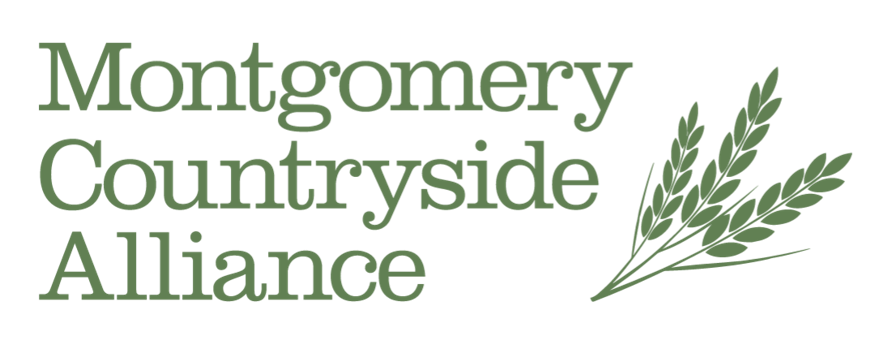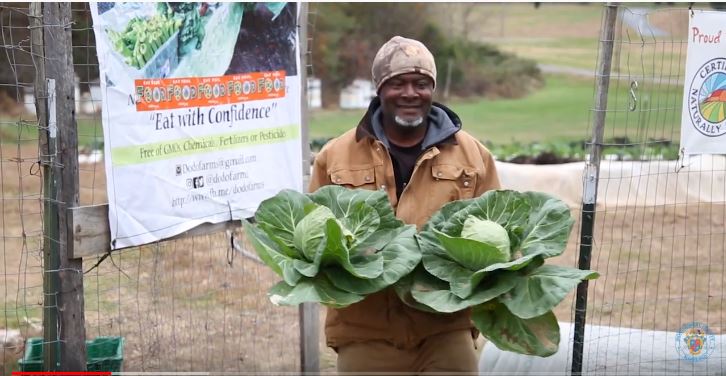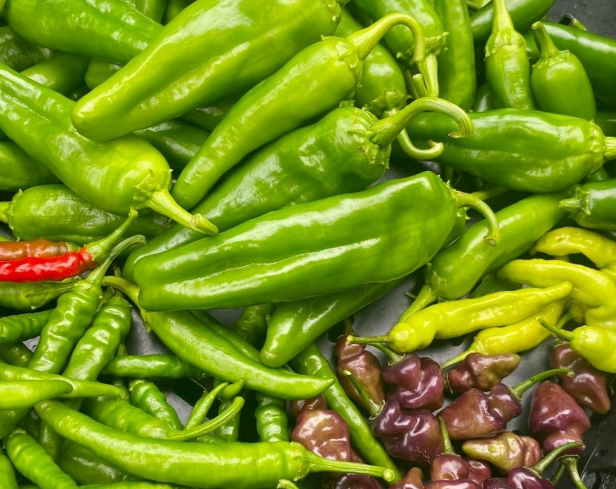Resources for black, Indigenous, and people of color (BIPOC) Farmers
 301-590-2823
301-590-2823
18410 Muncaster Rd
Derwood, Md 20855
Jacqueline.arnold
@montgomerycountymd.gov

301-602-4013
PO Box 24
Poolesville, MD 20837
www.mocoalliance.org
[email protected]
www.mocolandlink.org
Uniting Equality and Land Use in Montgomery County
There has been a well-documented history of discrimination and inequitable opportunity for farmers of color in America - resulting in the largest single class-action payout in history, a finding for black farmers wronged by the USDA in the Pigford case. However, this and other reckonings on race in agriculture have failed to make it easier for people of color to start and, importantly, sustain farms. In 1980, Montgomery County made a bold commitment to local farms in founding the Agricultural Reserve, 93,000 acres under a zoning plan to keep the land in viable farms. This guide seeks to marry Montgomery County's dual commitments to equality and agriculture by providing farmers of color with specific resources to get growing and sustain farm ventures in the County.
New and expanded farms bring many benefits to the county, local food and food that is culturally appropriate to the many communities that make up our vibrant County. This guide contains both national and local resources for new farmers and lays out pathways to farming in the County. Staff at local nonprofits and state and local government offices stand ready to supplement the resources here and discuss your specific plans to start farming. We welcome feedback and updates that will improve this guide.
Let's Get Growing....
While 83% of farm laborers are Latinx, Latinx people only account for about 3% of farm ownership
Resources to better understand why BIPOC have been excluded from resources for new and aspiring farm owners and why BIPOC must be targeted to encourage participation and leadership in agribusiness.
Food, Race, and Justice Ted Talk by Malik Yankini, founder of Detroit Black Community Food Security Network
Farming While Black by Leah Penniman, founder of Soul Fire Farm, is the first comprehensive “how-to” guide for aspiring Black farmers, focusing centrally on recognition of the immense contributions by African-descent farmers to concepts and technologies for sustainable agriculture. This book includes practical guides, highlights the work of Black farming activists, and explores the food justice movement. Perfect for beginning and intermediate farmers.
Leveling the Fields - Policy Brief by HEAL Alliance and Union of Concerned Scientists
HEAL Food Alliance Growing food as BIPOC Explainer - An excellent article covering many topics within the food and land justice movements
Civil Eats - Civil Eats is an online news and journalism platform writing about the American food system. With contributions and perspectives ranging from top journalists, activists, and policy experts, their website has many articles about food and land justice, and the unique challenges facing BIPOC farmers and growers
The Counter How USDA distorted data to conceal decades of discrimination against Black farmers - Article by Nathan Rosenberg and Bryan Wilson Stucki
The one thing my farm training never covered: racism - Mai Nguyen, Young Farmers
Cycling plantings of legumes for soil improvement and Community Supported Ag (CSA) farms were both first promoted by black agrarians.


